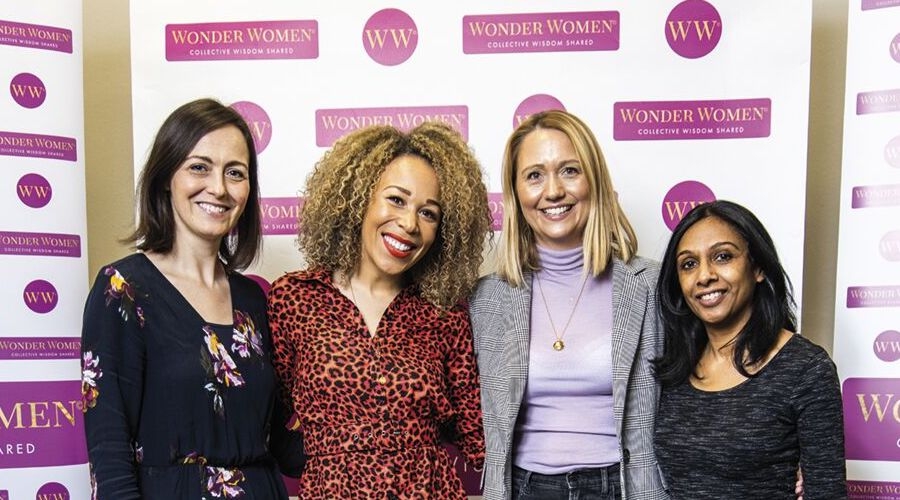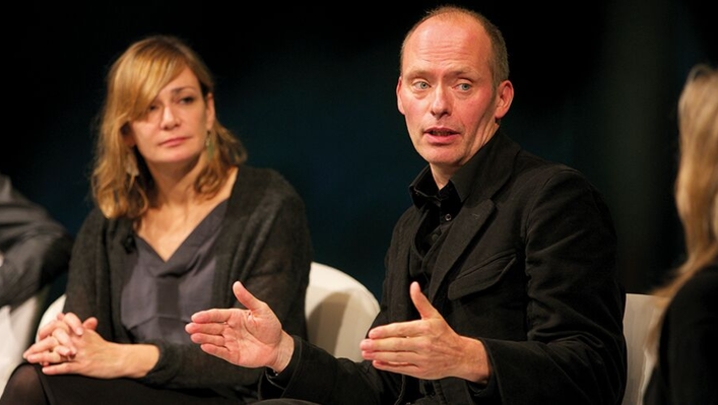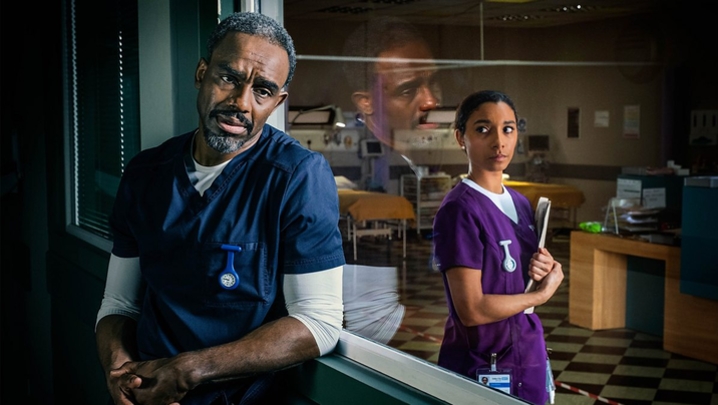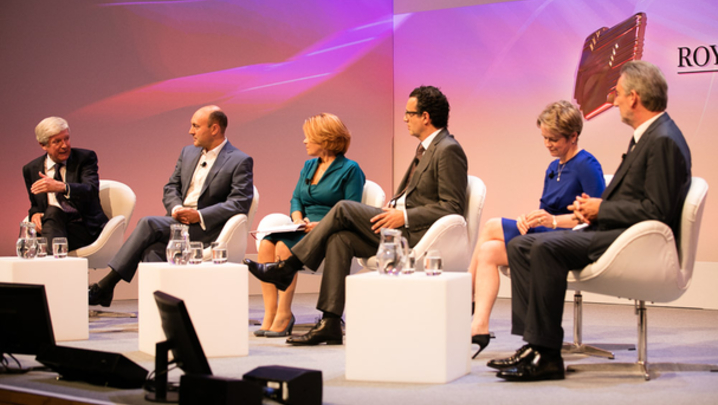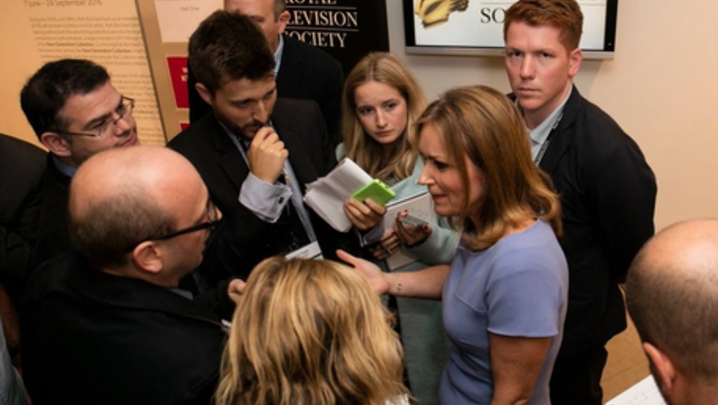The RTS Futures Television Careers Fair brought a bumper crowd to London
More than 40 broadcasters, production companies and industry bodies set up home for the day in the Business Design Centre, London, to dispense advice to 1,300 young people hoping to break into TV. A series of sessions – featuring expert panels from across the industry – cast light on television genres, skills and opportunities.
BBC continuing drama head of production Nikki Saunders revealed there was a huge number of entry-level jobs across her department, including runners, camera assistants and make-up artists.
BBC Studios makes 450 hours of continuing drama a year in Elstree (EastEnders and Holby City), Cardiff (Casualty and Pobol y Cwm), Birmingham (Doctors, Shakespeare & Hathaway: Private Investigators, Father Brown and its spin-off, The Sister Boniface Mysteries) and Dumbarton (River City).
“Starting as a runner is a really great way to build your career,” said Saunders. “It gives you the best insight into all the roles on a production.”
In the same panel session, Karlvyn Dove, a second assistant director on Doctors, argued that experience on the job trumped everything else. “You can leave university with a real arrogance that you can do everything,” he said. “That is not the case at all – the best place to learn is within the industry.
“You go in at entry level, ask questions, do things well and move on up.”
Saunders, one of the BBC continuing drama team interviewed by the presenter Rick Edwards, denied that nepotism was a problem at the corporation. “It’s drummed into everyone at the BBC that it’s not allowed. The BBC runs a fair selection process.”
The “Wonder women” session saw successful female TV executives in conversation with presenter Ria Hebden. Voltage Television executive producer Amanda Lyon, who looks after BBC Two hit Inside the Factory, said: “I’ve never felt that I missed out on anything by being female.” But she noted that a gender split in TV persisted: women tended to work in producing jobs, men in technical roles: “I am determined that this should not continue. Women are highly technically competent and I would say to women: ‘Get a camera and shoot.’”
BBC news and current affairs director Meera Thavasothy said progress was being made. “I’ve directed programmes where every technical person has been a woman and no one raised an eyebrow. When I started out, that wasn’t the case – these barriers can be broken down.”
The National Film and Television School’s head of digital effects, John Rowe, argued that there had never been a better time to be a compositor, 3D artist or colourist. Costs were falling and more TV productions were using visual effects, which were once the preserve of movies.
Rowe’s digital-effects course started 14 years ago; 90% of graduates have found work in the creative industries. Moreover, there is virtually a 50/50 split between men and women.
Pre-visualisation supervisor Richard Perry’s big break came on Harry Potter and the Goblet of Fire. He worked for 15 months to perfect a dragon. Since then, he explained, digital effects “have taken me all over the world for film and TV”.
Digital effects demand “an understanding of art and mathematics”, said Perry. He advised: “Watch lots of films – and pick them to pieces.”
The day’s other sessions were: “Get ready for your TV job”, run by Jude Winstanley, MD of theunitlist.com; and IMG Studios’ “Starting your career in sport TV”, chaired by head of production services Danielle Neville.
The RTS Futures Television Careers Fair 2020 was held at the Business Design Centre, London, on 12 February, and sponsored by IMG Studios, the National Film and Television School and Grass Valley.

